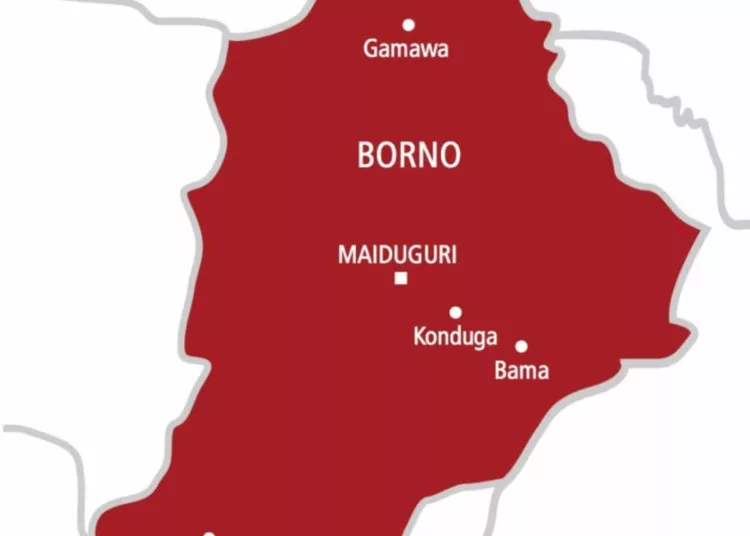More than 29,000 children and adolescents in Borno State have been screened for mental health conditions through a pioneering community-based initiative aimed at addressing the psychological impact of conflict and displacement in the state.
Led by Consultant Psychiatrist Dr Fatima Abba Ali, the Mentaccess project uses digital tools and a three-tiered care model to provide early detection and treatment for mental health disorders in hard-to-reach communities.
The initiative, which began as part of Dr Ali’s reform project during the AIG Public Leaders Programme, operates in six local government areas: Maiduguri Metropolitan Council (MMC), Jere, Monguno, Chibok, Mafa, and Biu.
“In a region where insurgency has disrupted lives and limited access to specialised care, early screening is critical. This project is helping children and adolescents get the support they need before conditions worsen,” Dr Ali said.
At a primary health centre in Jere, Community Health Extension Workers (CHEWs) equipped with tablets and smartphones assess young people using the Mentaccess digital app, which functions offline and guides non-specialist workers in identifying symptoms of mental health disorders.
This initiative, facilitated by the AIG Public Leaders Programme and supported by the Blavatnik School of Government, University of Oxford, was instrumental in helping Dr Fatima upgrade and implement the Mentaccess project. Designed to support transformational public sector leaders, the programme provided her with the resources, mentorship, and network needed to bring her vision to life.
One beneficiary, a teenager identified as Y.J.K., was referred for treatment after the tool flagged signs of social phobia and substance dependence. He has since returned to school and is reportedly doing well.
The screening process begins with community health workers, progresses to psychiatric rehabilitation providers for moderate cases, and ultimately connects severe cases with psychiatrists, often via teleconsultation at the Federal Neuropsychiatric Hospital, Maiduguri.
Dr Ali said the project also tackles stigma by working closely with community leaders, traditional institutions, and schools.
“We’re not just providing care, we’re building trust and raising awareness in culturally sensitive ways.”
The initiative is expanding to include school-based screening and teacher training to catch early signs of distress among students.
The Mentaccess project was developed and scaled with support from the AIG Public Leaders Programme, facilitated by the Blavatnik School of Government, University of Oxford, and the Aig-Imoukhuede Foundation.
Dr Ali stressed that mental health challenges are treatable. “Just like physical illnesses, mental health conditions can be managed when diagnosed early. With community involvement, we can make mental healthcare accessible to everyone.”
We’ve got the edge. Get real-time reports, breaking scoops, and exclusive angles delivered straight to your phone. Don’t settle for stale news. Join LEADERSHIP NEWS on WhatsApp for 24/7 updates →
Join Our WhatsApp Channel










